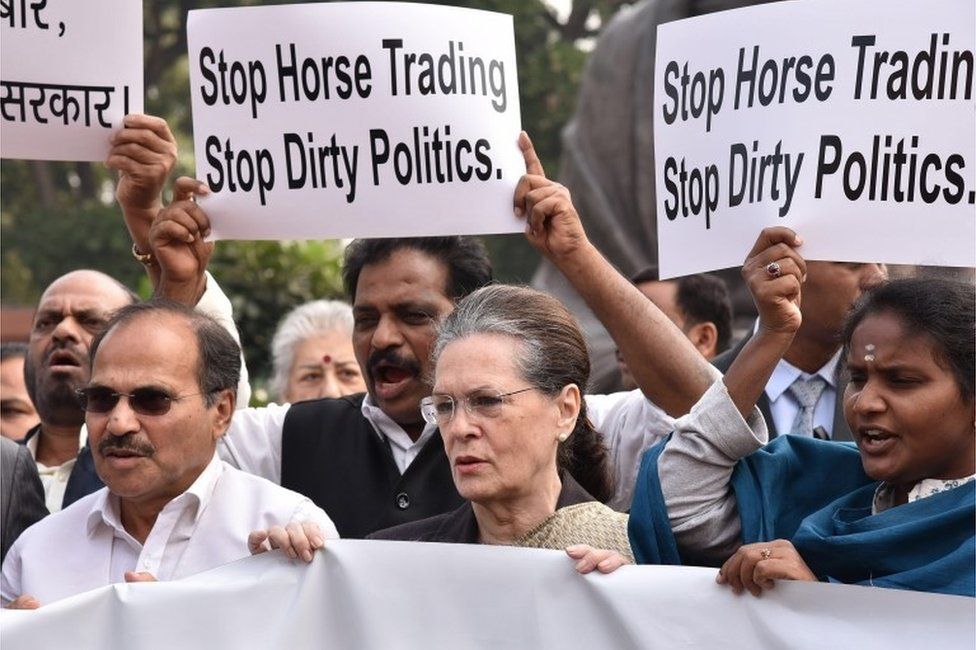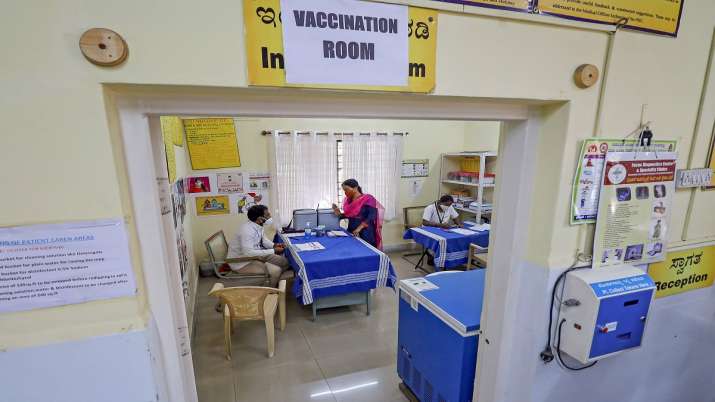A Political Problem

Rallies, voting polls, political parties, elections, opposition parties yelling at each other- these are things that people associate with politics. None of that is wrong, these things are very much a part of politics, however, is that all that there is to it? And what difference does it make if someone doesn’t care about it? Things get heated and friendships end up falling apart over opposing political views. Wouldn’t it just be better to not get political altogether? Why can’t we all just put politics aside and get along?
By Simran Handa
What is politics?
Politics is an umbrella term, so let’s break it down to better understand what it means. In a book titled What Is Politics, The Activity and Its Study, the author, Adrian Leftwich describes two ways of approaching politics. According to him, we can look at politics as an arena or as a process.
When we look at politics as an arena, we see the government, how it functions, and the public affairs that take shape because of the government. But when we look at politics as a process, we look at the impact that the government has on us. It looks at compromise, consensus, power, and distribution of resources. In this way, we can describe politics as a system through which people live their lives.
So everything we have or don’t have access to, right from roads, water, electricity, the food we get to eat and where we get to live, is all a result of politics. The education we receive, the societal norms that we are expected to follow whether or not we agree with them, the rights we have or don’t have, is all a result of politics.
Politics also defines power. A person in a position of power makes decisions, sets agendas, and controls the majoritarian ideology of a nation. Defining politics as something limited to parties and rallies limits the extent of control that it has over our lives. By doing so, we alienate politics as something that exists outside of society.
What does it mean to be apolitical?
Being apolitical, by definition, means not being involved/interested in politics, or being politically neutral/unbiased. This wouldn’t be an issue if, as discussed, everything wasn’t political to begin with. However, for a moment, let’s consider that this is not an issue. Everything is political, so what?
When one says that politics doesn’t matter to them, they essentially mean that whatever is happening in their country and in the world, already suits them. Everything works out in their favour, they do not lack any necessary resources; they do not have to fight for their rights or challenge any norms. Hence, they are coming from a place of privilege.
Take the ongoing farmers’ protests, for example, the farmers wouldn’t call themselves apolitical. Things are not working out in their favour and they are anything but privileged. They are protesting and that means they are political. They are taking a stance against the unjust Farm Acts of 2020 and are fighting for their rights.

The issue with coming from a place of privilege and not recognizing it is, that by doing so, the imbalance of power goes unaddressed. Privileged people have the option of ignoring politics, while others do not.
Also, privileged doesn’t just mean wealthy. Anyone that belongs to a certain social majority like heterosexuals, gender conforming individuals, religious majorities, people without physical/mental disability and more, is also partly privileged. The point is to recognize our privilege, no matter how big or small it may be.
How to become politically aware:
Recognizing our privilege is a good start. By doing that, we can come to terms with the issues that we do not face while there are millions who do and vice versa; and believe it or not, the next best thing to do would be just talking to people. We don’t have to go around asking others what their preferred political party is. We can instead learn first-hand accounts of the problems that people in our lives face.
For instance, if men want to learn how unsafe women are, they just have to ask a woman they already know because according to a report released by WHO in March 2021, 1 in 3 women (736 million) have been victims of physical/sexual violence.
We can also do our own research online. However, that has its drawbacks, as false or half-baked information is highly prevalent on the internet. This is where we might have to cross-check things for ourselves because if a video about feminism ends with the person saying that they are an ‘equalist’, a quick google search can tell us that feminism is about social, political and economic equality of the sexes.
But not everyone is comfortable talking about serious issues, and even doing our own research might seem exhausting. So as a last resort, we could put all of that aside and try to look at how we feel when we watch movies or tv shows. When we watch our favourite characters in a show being subjected to any form of oppression, we feel empathetic towards them. We want them to come out of it and we want them to be treated equally. Similarly, we can relate issues we see in movies or tv shows to real life and think about our stance accordingly. This is a very watered-down way of looking at the larger issues prevalent in our society, especially if the show is fictional, but it is better than not thinking about things at all
Forming an opinion
All the things above can get us in touch with the world. Once we have a better understanding of the issues prevalent in the society, we can then look at the things that we feel strongly about. This can help us form opinions and understand where we stand politically.
We can ask ourselves questions like: Should the present social, economic and political systems be protected? Or should there be a change based on the injustices? Should things like healthcare, housing and access to clean drinking water and food, be available to everyone? Should people of the LBGT community have the same rights as everyone else?

Or to make things easier, we could instead take a Political Compass Test online. These tests have questions about social, economic and political worldviews. They can make us think about a subject that we had never thought about before. By doing so, we can expand our political awareness and get a fair idea of where we stand in the political spectrum. The goal here is to understand what our pre-existing belief systems are and then review it. The more open we are to learning, the more we can understand how much we don’t know.
Is privilege the only thing to blame?
We cannot ignore that our education system is also largely at fault for not making us politically aware. We learn a lot of things in school, of course, but not much about the different political ideologies and social issues.
Civics/Political Science is a part of a lot of school curriculums but it teaches us nothing more than the electoral system and how the government functions. While these things are also extremely important to learn about, it is, as previously mentioned, known as looking at politics as an arena. Hence, it is not surprising that for many, politics is nothing more than a bunch of people making noise.
We learn about political ideologies and the study of politics only if we choose the humanities or economics stream after high school. Most often, people who choose science related streams learn little to nothing about politics from there on. In most Indian colleges, there is no option to mix and pick subjects of our interest.
This shows that most people don’t get the exposure to learn about the world, and while privilege certainly has a role to play in it, it is not the only thing at fault here. However, we know now that the education we receive is a result of politics as well. We do not have control over what we are taught in school, but it’s never too late to learn what we couldn’t.
Our role in society
We may not be able to pick the socio-economic backgrounds that we come from, but as long as we recognize our privilege, understand that there is always room for learning new things and unlearning what we thought we knew, there is hope for change.
We have to understand our responsibilities, take a stand and exercise our right to vote by making an informed decision. Voting especially cannot be taken lightly. We don’t have to vote for a party because someone we know is voting for them. Given the current situation with the pandemic and the plight that our country is in, it is more important than ever to be able to tell competent political candidates apart. We all want to go out again and overcome the pandemic, but we have to realize that the poor management of this situation is also a result of politics. Being apolitical is not the way to go, and while it may take some work forming political opinions, it is better than being tone-deaf towards society.




